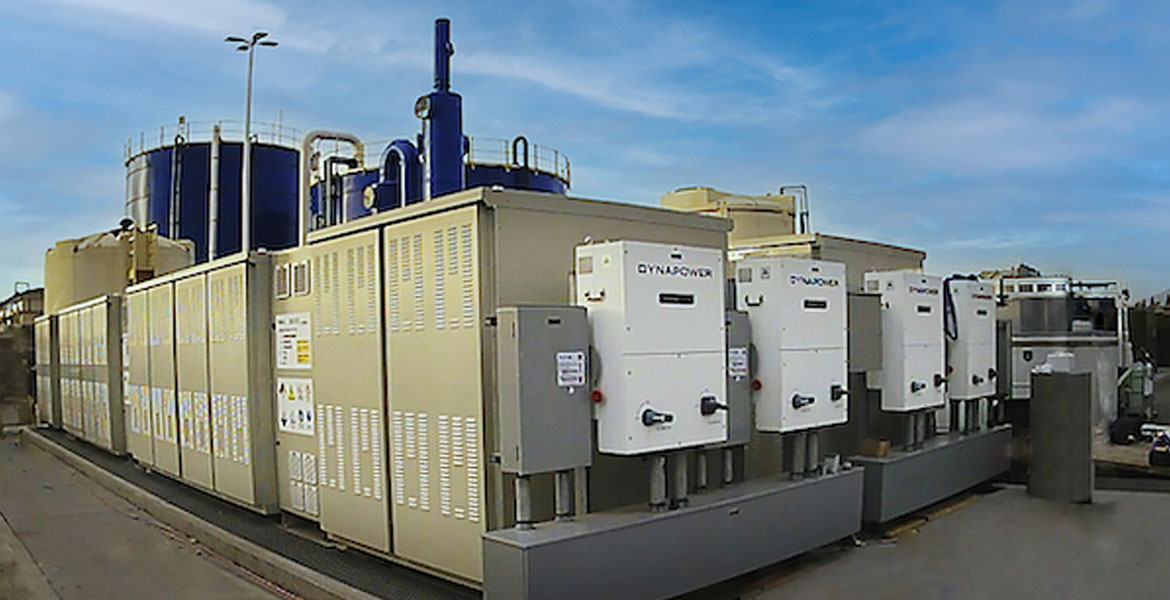The Electrochemical Safety Research Institute at Illinois-based safety certification entity Underwriters Laboratories has undertaken a test program with US consultancy Stress Engineering Services (SES) to study the key technical attributes of redox flow batteries made by Australian battery specialist Redflow.
The program will investigate the operating and safety profile of Redflow’s redox flow batteries, their cycle life and aging properties, and will seek to understand how the batteries behave under “off-nominal” conditions of overcharge, over-discharge, and external short-circuits.
The research aims to enhance the knowledge base around the operating and safety characteristics of zinc-bromine flow batteries, enabling interested parties to better understand and compare a broad range of product chemistries.
Six Redflow batteries, bought by Underwriters Laboratories (UL), arrived at an SES facility in Texas in December. The test program started last month.
“As redox flow battery technology evolves, it’s important to determine its safety and performance limits under various conditions,” said Judy Jeevarajan, vice president and executive director of the Electrochemical Safety Research Institute at UL. “Our partnership with Redflow and SES will deepen our understanding of this energy storage alternative.”
Marketed as ZCell and ZBM2 products, Redflow’s 10kWh zinc-bromine flow batteries are designed for deep cycling, long duration stationary storage applications and can tolerate harsh conditions. The two models are the world’s smallest commercially available flow batteries and are scalable from a single system installation through to grid scale deployments.
Last year, Brisbane-based Redflow put the finishing touches to its latest model, the Gen3. The new product has several design changes from the previous two systems, such as a side-by-side tank design and a single, rather than double stack – both of which are expected to reduce production costs, according to the manufacturer.
“With Gen3 we are confident of achieving a 30% reduction in manufacturing costs through supply chain and engineering productivity impacts,” Redflow CEO and managing director Tim Harris said in a statement announcing customer trials of the product 13 months ago.
In an Australian Stock Exchange announcement today, Redflow said it achieved a 172% jump in revenue from July to December. The company said it generated AU$1.2 million (US$867,000) in the six month window and rolled out 2GWh of its zinc-bromine batteries to customers across the United States, South Africa, and Australia.
Gen3
The manufacturer said its Gen3 ZBM battery remains on track to be introduced into production in the April-to-June period and reported a growing pipeline, including interest in megawatt-hour scale systems.
Over the half-year period, Redflow also completed a 2MWh project in California for Anaergia’s Rialto Bioenergy Facility, its largest single deployment to date. Touted as a significant milestone for the Australian manufacturer, the project is said to provide a “high level of exposure to the US, growing network and global markets”.
“The Anaergia project has generated significant interest in the Redflow solution by US and global corporations and governments, notably by a large US listed corporate who in June named Redflow in a request for information as an approved supplier of flow batteries,” Redflow said today.
Raw material sourcing
This content is protected by copyright and may not be reused. If you want to cooperate with us and would like to reuse some of our content, please contact: editors@pv-magazine.com.




1 comment
By submitting this form you agree to pv magazine using your data for the purposes of publishing your comment.
Your personal data will only be disclosed or otherwise transmitted to third parties for the purposes of spam filtering or if this is necessary for technical maintenance of the website. Any other transfer to third parties will not take place unless this is justified on the basis of applicable data protection regulations or if pv magazine is legally obliged to do so.
You may revoke this consent at any time with effect for the future, in which case your personal data will be deleted immediately. Otherwise, your data will be deleted if pv magazine has processed your request or the purpose of data storage is fulfilled.
Further information on data privacy can be found in our Data Protection Policy.